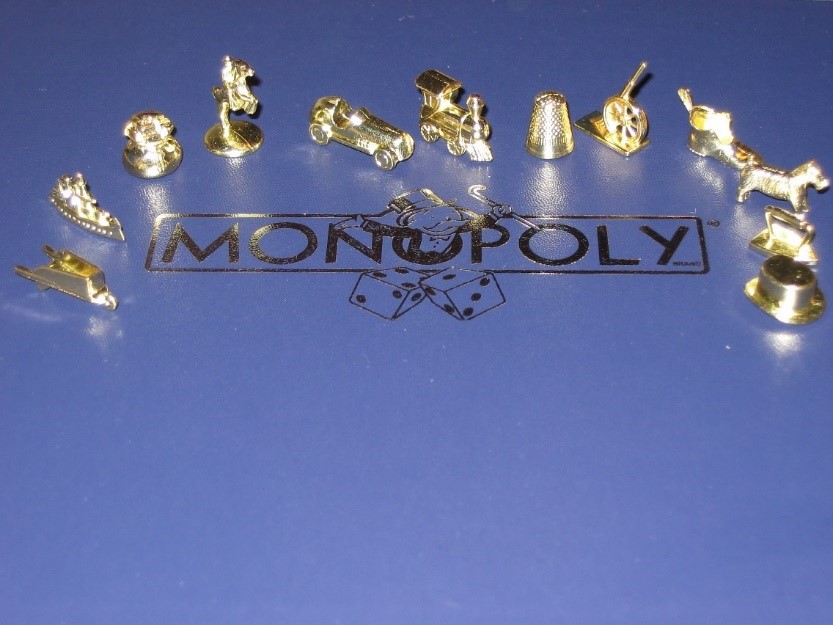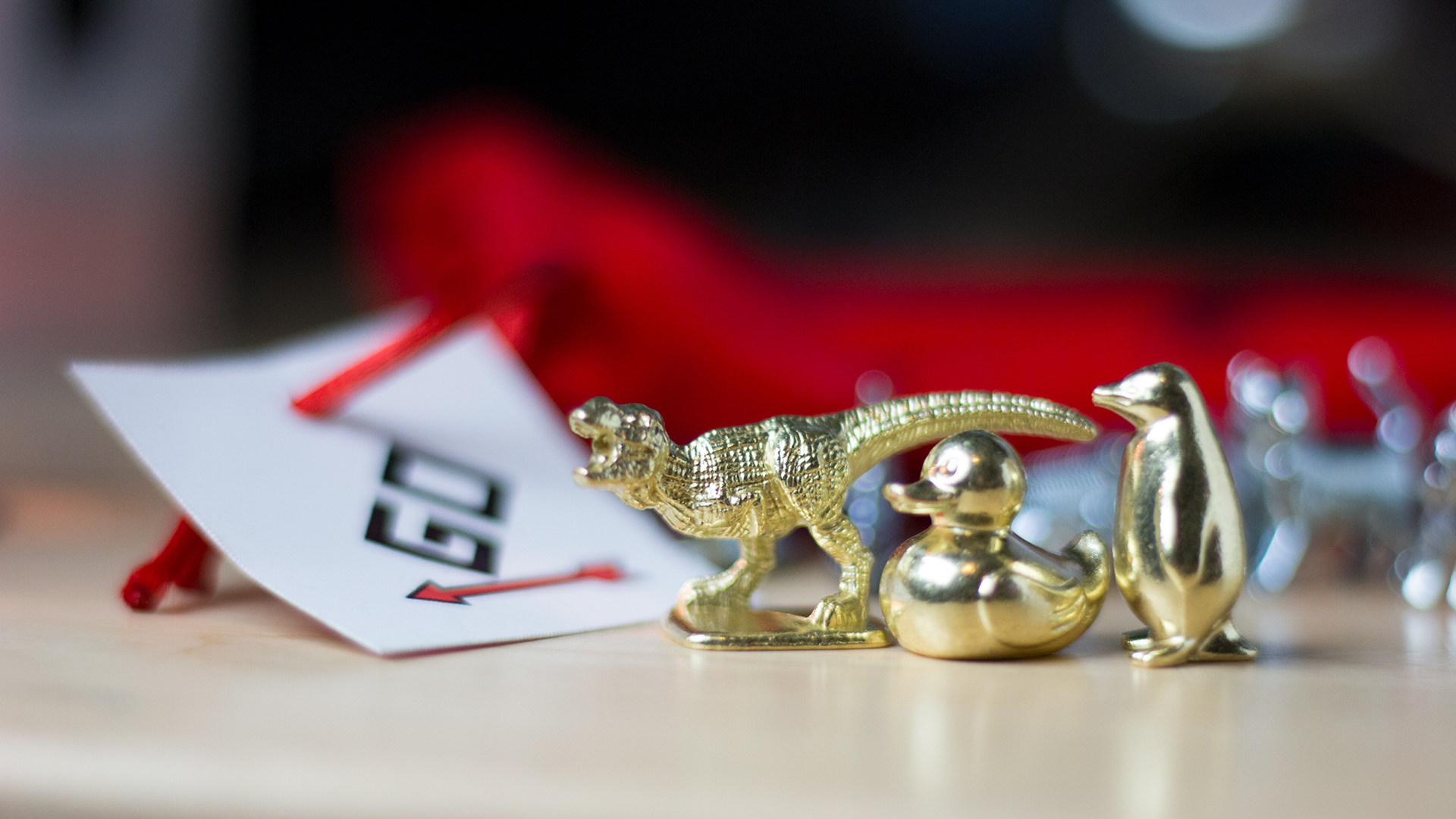 The radio industry is graced with many, many stations steeped in tradition. We’re talking about brands that have been around for generations, personalities who have ruled in the air studio for decades, and annual events that continue like clockwork year in and year out.
The radio industry is graced with many, many stations steeped in tradition. We’re talking about brands that have been around for generations, personalities who have ruled in the air studio for decades, and annual events that continue like clockwork year in and year out.
We know from our Techsurveys and station perceptual research that habit often comes into play in many consumers’ decisions to listen to the radio yesterday, today, and hopefully, tomorrow. In many of these cases, this sense of routine is a good thing. You want people to make your station part of their daily regimen – waking up with your station, having it on while they work, and accompanying them throughout parts of their day.
But that quest for consistency often goes against the cultural winds that continue to demand something new. I see this in focus groups and Listener Advisory Board groups all the time. Respondents – and even station fans – are very much aware of evergreen station events – concerts, festivals, charity campaigns, and yes, even pledge drives.
And while familiarity doesn’t necessarily breed contempt, it does lead to a sense of malaise when stations host the same events or do the same benchmarks with little change, every day or every year without fail.
That’s why radio marketers, programmers, and sales managers have to appreciate what Monopoly is doing. Slowly but surely, things are changing with the venerable board game that gave many of us our very first lessons in business, capitalism, and greed. The Monopoly team, still hasn’t replaced their colorful paper money with chip cards, and hotels and houses have not given way to condos and high-rises. But other changes have been taking place for years.
This is at a time when board games might have disappeared. Our Techsurvey indicates that more than four in ten people across the country play video games at least weekly. Entire franchises have been built on digital gaming, captivating millions of Americans and their leisure time. And yet, traditional pastimes – like Monopoly – endure. But not without strategic thinking and smart updating.
So, Monopoly is in the process of switching out its traditional game board tokens, despite some fan protests and other voices that insist that Hasbro (they bought Parker Brothers in 1991) stay the course. In fact, Hasbro has made a lot of changes since their business acquisition, introducing a line of licensed products, including more than 100 local and themed versions of the most famous board game ever.
There are now national tournaments, as well as an updated board, subtle rules changes, updated property names, and even a graphic redesign of Chance and Community Chest cards. Some of these changes may be subtle, but Hasbro is clearly committed to updating and freshening – attributes that would serve many radio teams well.
But the biggest changes are with Monopoly’s tokens, often most sacred to players and fans. And Hasbro hasn’t hesitated to shake them up, with two main goals in mind:
1. Modernizing the tokens to reflect changing times and tastes
2. Garnering lots of publicity in the process
Monopoly fans have had a say in the tokens that are dropped – and adopted. And it’s this user-generated content via voting that radio should be looking at carefully. Hasbro has used Facebook (back in 2013) for this purpose, and this past January, they created an online ballot consisting of all eight tokens among 64 options. So, a little audience research with a hook to keep fans in interested in the voting outcome.
And the result?
The thimble is being retired, along with the wheelbarrow and shoe. These are all dated token, reflecting a very different time in America.
The three new winners are a penguin, a T-rex, and a rubber duck. Interesting how animals emerge as highly popular symbols.

So how does that translate to radio? Taking a page from the Monopoly playbook, it’s about rethinking heritage events, promotions, contests, and other evergreens to come up with new twists, spins, and digital ways to involve the audience. It’s the process that can help retain traditions, but can keep them healthy, vital, and perhaps even buzz-worthy. Monopoly has used the “controversy” over tokens to garner a great deal of PR from the very simple process of updating and modernizing.
Executing the same festivals and giveaways every year gets easy after a while, but it also become rote. And in a world where audiences are demanding “new,” a few twists and turns, coupled with listener involvement, can freshen an institution as revered as Monopoly without changing its essence. And along the way, generating social media and online activity.
And of course, research comes into play as well. All the articles I discovered about Monopoly’s evolution talked about their tactics, but Hasbro wisely didn’t discuss the specific research findings and technical they undoubtedly use to guide their entire strategy. You have to believe there’s a Monopoly Advisory Board comprised of hardcore, loyal players who play a role in the game’s ongoing evolution.
Understanding what to change, what is secret, and what to completely revamp is part of understanding the brand – and the players who have kept it popular for more than eight decades.
As Monopoly has proved, you protect a franchise by reinventing it.
By the way, the Scottie dog – introduced 75 years ago – made the cut and will continue to PASS GO again and again.
- What To Do If Your Radio Station Goes Through A Midlife Crisis - April 25, 2025
- A 2020 Lesson?It Could All Be Gone In A Flash - April 24, 2025
- How AI Can Give Radio Personalities More…PERSONALITY - April 23, 2025




Making changes with Monopoly money, game rules and tokens only works if people still want to play the game. Years ago top forty stations changed their jingles every year. We still listened because we liked the music and the dj’s. Without compelling content surgery on the incidentals won’t matter.
Dan, truly good point. You’re right – Monopoly is still a fun game to play. So the changes freshen up something you enjoy doing. Thanks for commenting.